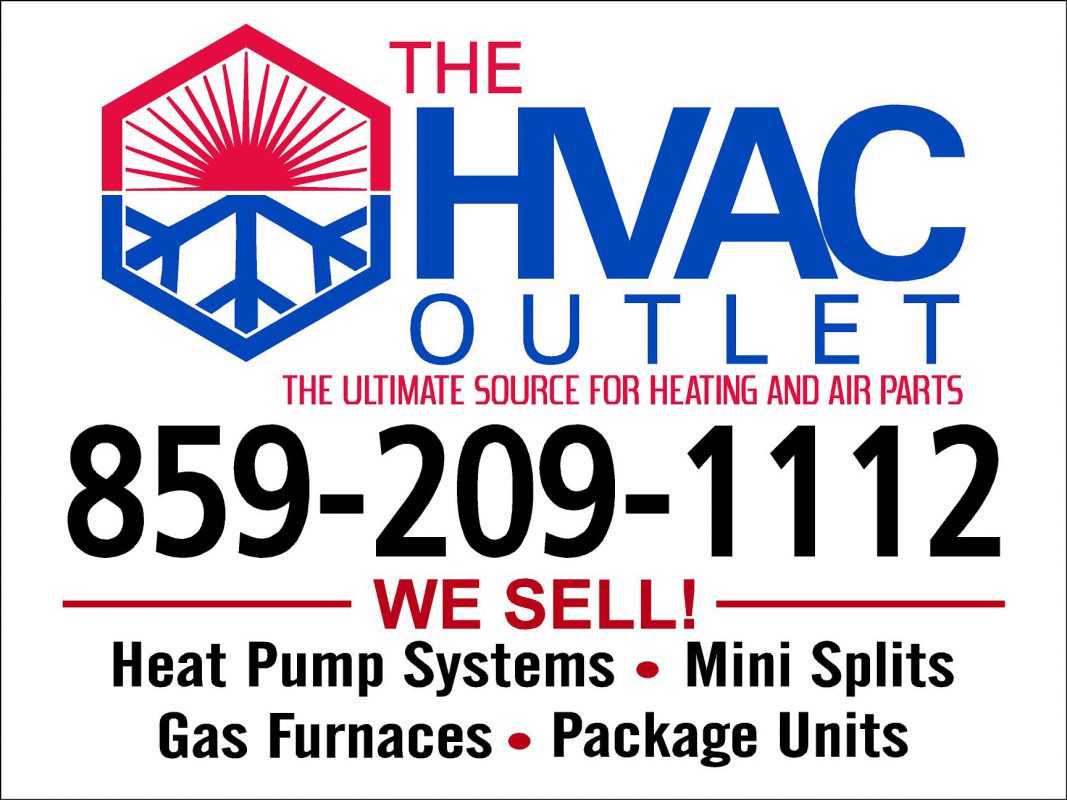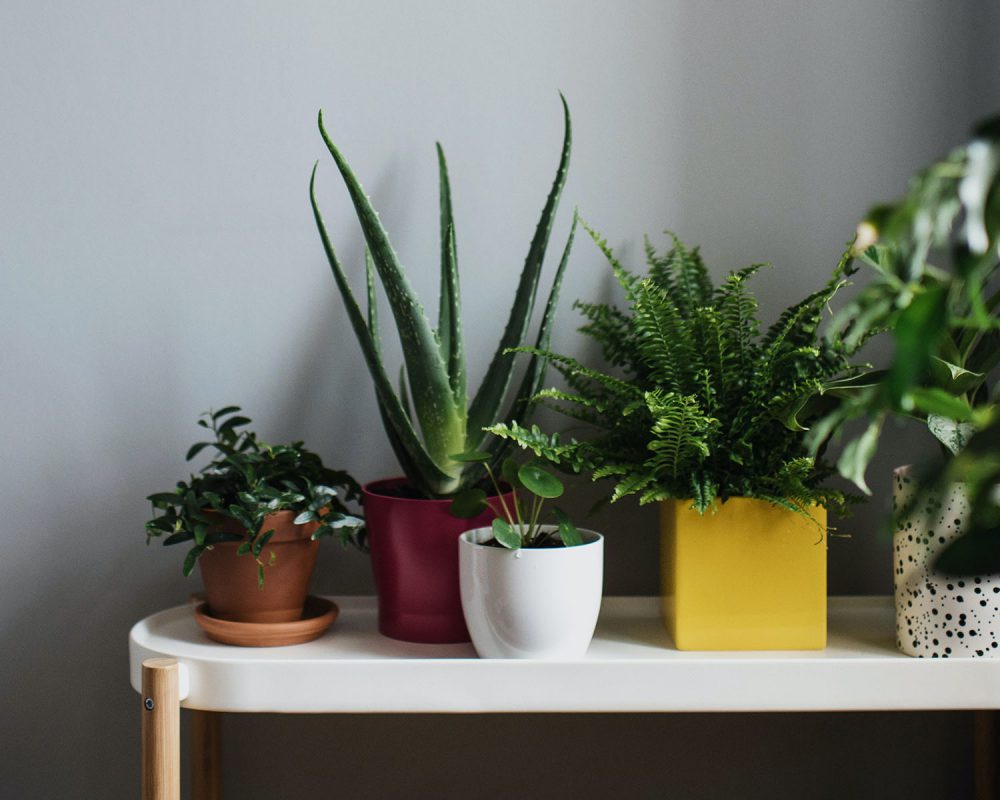Blog
The Importance of Indoor Air Quality
People spend 90% of the day indoors or inside buildings. Additionally, common indoor air pollutants can cause respiratory discomfort or lung diseases. With the average American breathing 2 gallons of air each minute or roughly 3400 gallons per day, indoor air pollution is a significant contributor to chronic respiratory illnesses. In this blog post, we will learn how well-functioning HVAC systems keep you cool in the summer and help to improve indoor air quality (IAQ).
Use VRF for humidity control
High relative humidity increases the concentration of indoor pollutants. It also creates favorable conditions for mold to grow. On the other hand, viruses like Covid 19 thrive in low humidity.
Use a humidity gauge to test the air quality in your building to ensure humidity is at a healthy level. To maintain a consistent temperature and humidity level, use HVAC technology such as Variable Refrigerant Flow (VRF). A VRF HVAC system can detect the specific requirements of each zone in your building and sends the amount of heating or cooling required. Consequently, each space will have well-controlled humidity.
Increase filtration
Furnace filters and air conditioners play a vital role in removing pathogens. They protect the HVAC system from dust and debris and enhance its performance and efficiency. High-efficiency particulate filters trap 99.97% of dust, smoke particles, and pollen. The best filters offer additional filtration, have less strain on the system, and have less airflow restriction.
Routine HVAC maintenance
The air you breathe in your house is often circulated by your HVAC. Regular tune-ups and system inspection are necessary for good IAQ. Routine HVAC maintenance practices include occasional cleaning and duct inspection. This practice ensures your HVAC system is performing properly by eliminating causes of indoor pollution.
Mold remediation
Unchecked mold is not only an IAQ concern, but also causes health issues like irritated nose, asthma, itchy eyes, and headaches. Call an HVAC professional as soon as possible in case of a mold invasion. Professionals use proper chemicals to effectively remove mold and have protective equipment to shield themselves from harmful chemicals. Additionally, a professional can determine the cause of the problem and advise you appropriately on the steps you need to solve the underlying problem.
The primary goals of heating, ventilation, and air-conditioning (HVAC) systems are to maintain acceptable indoor air quality through proper ventilation with filtration and comfort. One of the most efficient strategies to reduce indoor air pollution is to clean and increase ventilation. If you have any questions about how your HVAC is running or simply want a check-up on your system, give us a call today.


